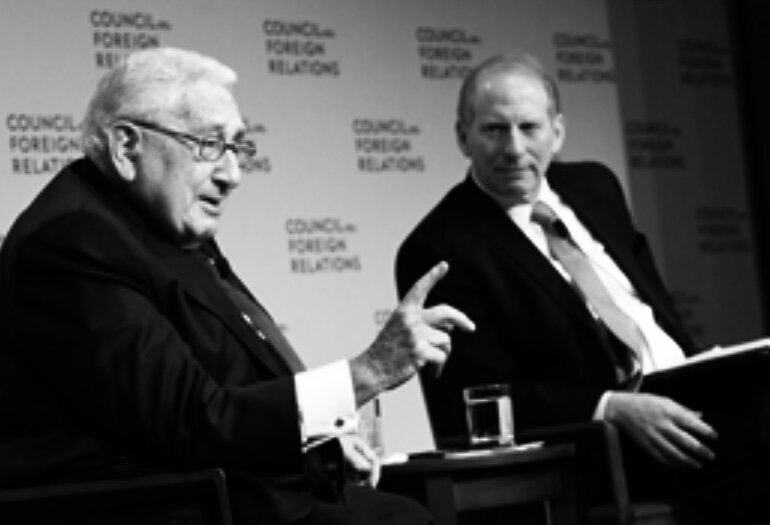The passage below describes the “depopulation agenda” in action. It is very obvious a small group doesn’t want most of the rest of us here anymore. United we stand. Divided we fall. It really is that simple.
Well understood, that is to say, not just by those who opposed the war but by those who were conducting it.
As one United States official put it to Buckley: The actions of the Ninth Division in inflicting civilian casualties were worse [than My Lai]. The sum total of what the Ninth did was overwhelming. In sum, the horror was worse than My Lai. But with the Ninth, the civilian casualties came in dribbles and were pieced out over a long time. And most of them were inflicted from the air and at night.
Also, they were sanctioned by the command's insistence on high body-counts.... The result was an inevitable outcome of the unit's command policy.
The earlier sweep which had mopped up My Lai-during Operation Wheeler Wallawa – had also at the time counted all corpses as those of enemy soldiers, including the civilian population of the village, who were casually included in the mind-bending overall total of 10,000.
Confronted with this evidence, Buckley and Shimkin abandoned a lazy and customary usage and replaced it, in a cable to Newsweek headquarters in New York, with a more telling and scrupulous one.
The problem was not "indiscriminate use of firepower," but “charges of quite discriminating use-as a matter of policy in populated areas." Even the former is a gross violation of the Geneva Convention; the second charge leads straight to the dock in Nuremberg or The Hague.
Since General Creighton Abrams publicly praised the Ninth Division for its work, and drew attention wherever and whenever he could to the tremendous success of Operation Speedy Express, we can be sure that the political leadership in Washington was not unaware.
Indeed, the degree of micro-management revealed in Kissinger's memoirs forbids the idea that anything of importance took place without his knowledge or permission.
Of nothing is this more true than his own individual involvement in the bombing and invasion of neutral Cambodia and Laos.
Obsessed with the idea that Vietnamese intransigence could be traced to allies or resources external to Vietnam itself, or could be overcome by tactics of mass destruction, Kissinger at one point contemplated using thermonuclear weapons to obliterate the pass through which ran the railway link from North Vietnam to China, and at another stage considered bombing the dikes that prevented North Vietnam's irrigation system from flooding the country.
Neither of these measures (reported respectively in Tad Szulc's history of Nixon-era diplomacy and by Kissinger's former aide Roger Morris) was taken, which removes some potential war crimes from our bill of indictment but which also gives an indication of the regnant mentality.
There remained Cambodia and Laos, which supposedly concealed or protected North Vietnamese supply lines. As in the cases postulated by General Telford Taylor, there is the crime of aggressive war and then there is the question of war crimes. (The Koki Hirota case cited above is of importance here.)
Koki Hirota
In the period after the Second World War, or the period governed by the UN Charter and its related and incorporated Conventions, the United States under Democratic and Republican administrations had denied even its closest allies the right to invade countries that allegedly gave shelter to their antagonists.
President Eisenhower
Most famously, President Eisenhower exerted economic and diplomatic pressure at a high level to bring an end to the invasion of Egypt by Britain, France and Israel in October 1956. (The British thought Nasser should not control “their" Suez Canal; the French believed Nasser to be the inspiration and source of their troubles in Algeria; and the Israelis claimed that he played the same role in fomenting their difficulties with the Palestinians. The United States maintained that even if these propaganda fantasies were true, they would not retrospectively legalize an invasion of Egypt.)
If rampant criminality isn’t handled, the criminals become emboldened.
During the Algerian war of independence, also, the United States had repudiated France's claimed right to attack a town in neighboring Tunisia that succored Algerian guerrillas, and in 1964 Ambassador Adlai Stevenson at the United Nations had condemned the United Kingdom for attacking a town in Yemen that allegedly provided a rear guard for rebels operating in its then colony of Aden.
All this law and precedent was to be thrown to the winds when Nixon and Kissinger decided to aggrandize the notion of "hot pursuit" across the borders of Laos and Cambodia. Even before the actual territorial invasion of Cambodia, for example, and very soon after the accession of Nixon and Kissinger to power, a program of heavy bombardment of the country was prepared and executed in secret.
One might with some revulsion call it a “menu" of bombardment, since the code names for the raids were "Breakfast," Lunch," “Snack," “Dinner," and "Dessert."
The raids were flown by B-52 bombers which, it is important to note at the outset, fly at an altitude too high to be observed from the ground and carry immense tonnages of high explosive: they give no warning of approach and are incapable of accuracy or discrimination because of both their altitude and the mass of their shells.
Between 18 March 1969 and May 1970, 3,630 such raids were flown across the Cambodian frontier. The bombing campaign began as it was to go on-with full knowledge of its effect on civilians, and with flagrant deceit by Mr. Kissinger in this precise respect.













